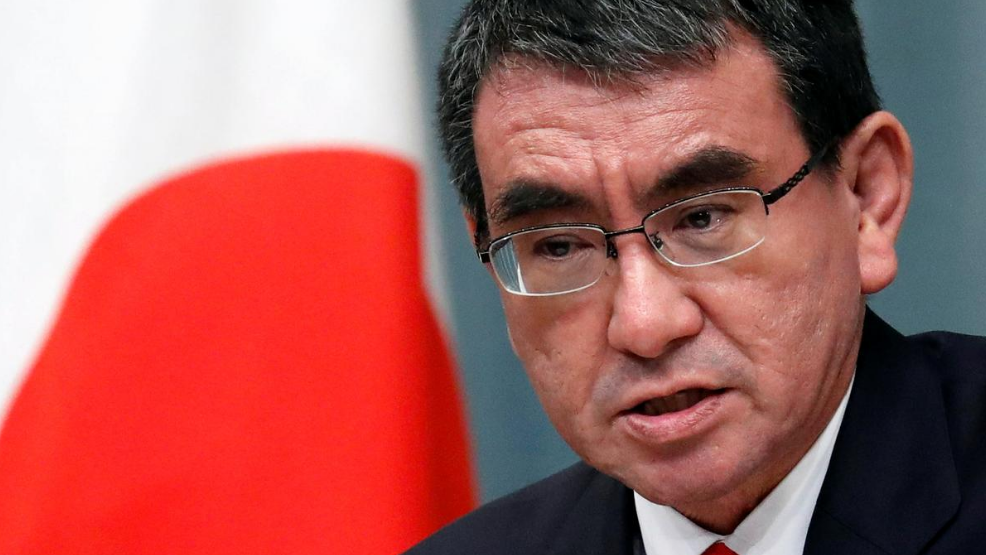Japan has scrapped the deployment of a multi-billion-dollar anti-missile system, the government confirmed Thursday, days after saying the program had been suspended.
Interceptors for the Aegis Ashore system were to be placed in two regions under the costly and controversial program.
But the government reversed course under pressure from local residents concerned about the risks posed by a missile defense system in their backyard.
"The National Security Council discussed this matter and reached a conclusion that the deployment of Aegis Ashore in Akita and Yamaguchi is to be rescinded," Defense Minister Taro Kono told a meeting of the ruling Liberal Democratic Party.
"I want to deeply apologize that it has come to this."

Japan's Defense Minister Taro Kono attends a news conference in Tokyo, Japan, September 11, 2019. /Reuters
Japan's Defense Minister Taro Kono attends a news conference in Tokyo, Japan, September 11, 2019. /Reuters
The government had originally guaranteed that interceptor missile gear would not land in residential areas near where the system was based.
But last week, when initially announcing that deployment of the system had been suspended, Kano said maintaining that promise would require a costly and time-consuming hardware upgrade.
The Aegis Ashore system, the purchase of which was approved in 2017, was estimated to cost Japan 4.2 billion U.S. dollars over three decades.
However there have been competing claims about whether initial estimates would fall short of the real cost.
Read more:
Trump extends existing sanctions on DPRK for one year
Liaison office demolition: Why is the DPRK so angry this time?
The deal to buy the system was seen both as part of attempts by Tokyo to bolster defensive capabilities after Pyongyang missile launches, but also as a way to foster closer ties with Washington.
U.S. President Donald Trump has pushed allies to buy more American products, including military equipment.
Japan's armed forces have long been restricted to self-defense and the country relies heavily on the U.S. under a bilateral security alliance.
Prime Minister Shinzo Abe said last week the government was committed to considering alternatives to the Aegis Ashore system.
"There should not be a gap in our country's defenses. We want to hold discussions on the necessary measures," he said.
Source(s): AFP